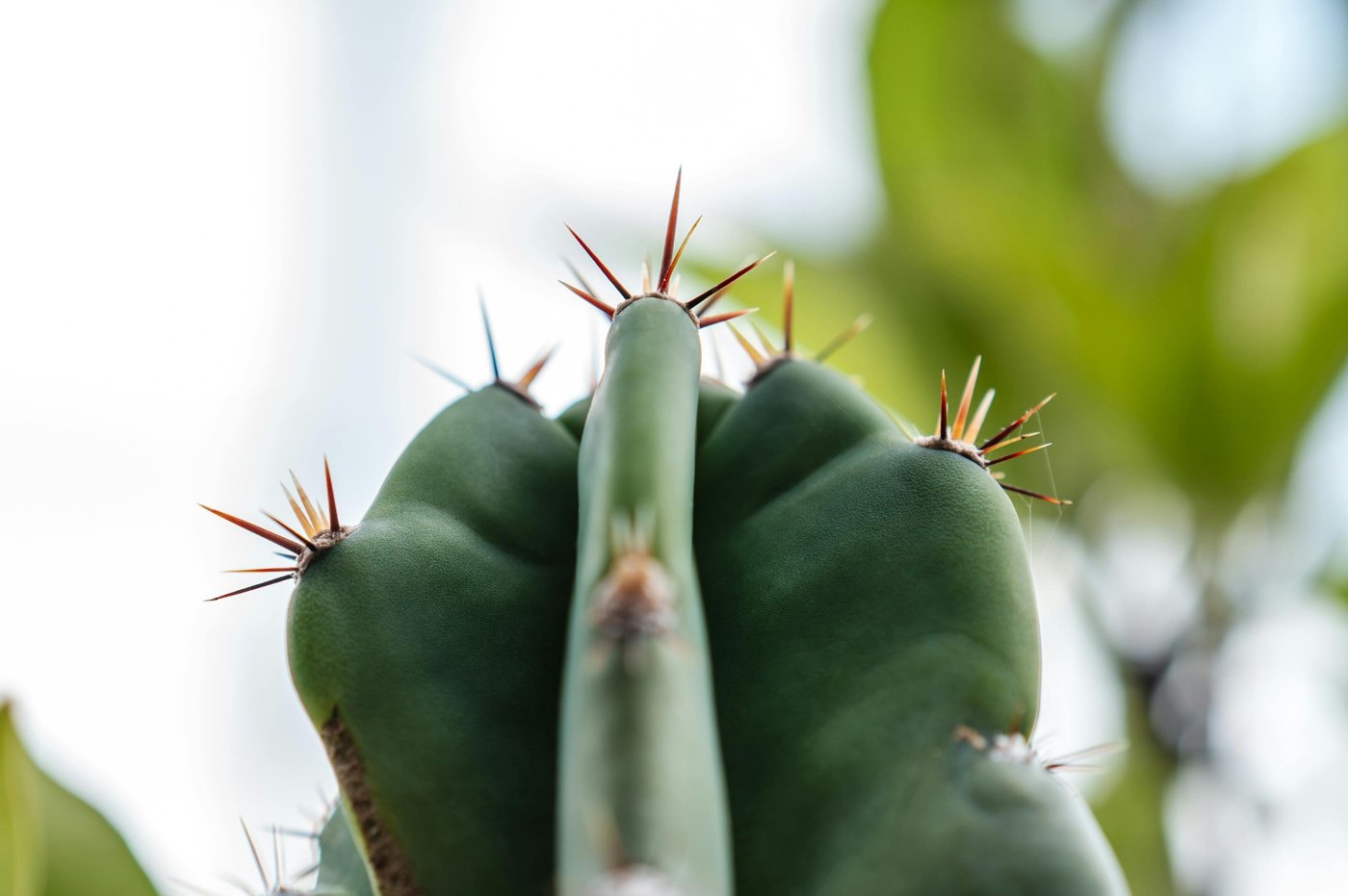Mescaline is a psychedelic. This means it messes with how you see things and perceive reality. While this may sound pretty unpleasant, there’s a certain mythology around mescaline. It was romanticized in beat poetry, whispered about in college dorms, and linked to visions of transcendence under desert skies. But there is an aspect that Jack Kerouac didn’t mention: mescaline side effects and abuse.
What Is Mescaline
At its core, mescaline is a hallucinogen that comes from cactus plants (including peyote) that alters the way your brain processes perception, time, and meaning. Traditionally, it’s been used in ceremonial rituals by Indigenous peoples seeking connection and insight.
These days? You find it pretty easily at Coachella or anywhere people are looking to break from certain aspects of reality. Here’s the real reality: Mescaline isn’t legal in most places, including the United States, outside of tightly defined religious use.
Is It Okay for Medical Reasons?
It’s also not medicine. While substances like ketamine and psilocybin are being researched for therapeutic applications, mescaline hasn’t made that leap. It makes it something experimented with by individuals, but definitely not clinically approved.
What’s often missing from the conversation at the music festival is how much it impacts the brain. Also, how easily things can go sideways when it’s misused.

What Does Mescaline Do to Your Brain?
Mescaline is a serotonin receptor agonist, meaning it floods your brain’s receptors that have to do with visuals and a sense of time come from activity. That’s why people get a kaleidoscope of visuals and a feeling of disruption in the time-space continuum.
It’s not subtle—it takes over your perception networks and creates an illusion. And it makes you think it’s very profound. There’s certainly an allure to that, especially for anyone feeling lost or searching for meaning. But brain chemistry doesn’t differentiate between “intentional spiritual insight” and “chemical chaos.”
The Effect …
This overstimulation can lead to anxiety, paranoia, and sensory overload, especially in those with mental health conditions. Studies have shown that mescaline can even bring on psychosis for someone who is vulnerable. What they thought would be a temporary altered state became far more enduring and damaging.
When your brain’s chemistry is pushed to the edge, it doesn’t always snap back neatly.
Is Mescaline Addictive?
Mescaline isn’t addictive in the traditional sense—there’s no physical withdrawal the way there is with opioids or alcohol. But psychological dependence is a different beast.
People chase that “peak” experience, convinced they’re finding a higher truth. And they constantly feel the need to return.
This is where patterns emerge: repeated use, increasing doses, and a tolerance that nudges the brain further out of balance each time.
The Bigger Issue of Mescaline Side Effects and Abuse
That’s the crux of Mescaline Side Effects and Abuse: it’s less about a single bad trip and more about the ripple effects of repeated neurochemical disruption. Mood changes, lingering anxiety, flashbacks—these aren’t abstract risks.
They’re the lived reality for people who went looking for transcendence and found themselves disoriented instead.
The Dangers of Mixing Mescaline with Alcohol or Other Drugs
Mescaline on its own is volatile enough. Combine it with alcohol—a depressant—or stimulants, and often the brain can’t keep up.
Even cannabis, often seen as benign, can make mescaline’s hallucinogenic effects feel far more severe. This “cactus juice” experiment can quickly spiral into a physiological and psychological mess.
Manufactured vs. Authentic Spiritual Experiences
One of the subtler dangers of mescaline lies in its promise of spiritual or emotional breakthroughs. A chemically induced euphoria can feel transformative—but it’s a shortcut, not a sustained path.
Real transformation requires connection, intention, and real-world experience. Psychedelics, especially in uncontrolled or recreational use, don’t provide that. They tease of it, and make you come back for more.
Chasing that manufactured feeling over and over again only deepens the disconnect between what’s chemically induced and what’s truly grounded in lived experience.
Signs You May Need Help
If you or someone you love is caught in this cycle, pay attention to:
- Increasing reliance on mescaline or other hallucinogens for “escape” or insight
- Persistent anxiety, paranoia, or lingering hallucinations
- Difficulty distinguishing between hallucination and reality
- Using mescaline in riskier settings or mixing it with other substances
- Emotional numbness or detachment in daily life
These are not just side effects—they’re signals that the line between use and abuse is thinning dangerously.
A Way Back
If you’re struggling with Mescaline Side Effects and Abuse, you don’t have to keep white-knuckling through the aftermath. At Covenant Hills Treatment Center in Orange County, CA, we understand the complex intersection of substance use, mental health, and the search for meaning that drives so many toward psychedelics.
With evidence-based treatment, compassionate care, and a team that sees the whole person—not just the symptoms—we help you reclaim stability and clarity.
Call 833-964-2244 today. You deserve more than chemical illusions. You deserve a grounded, lasting peace of mind built on something real.








